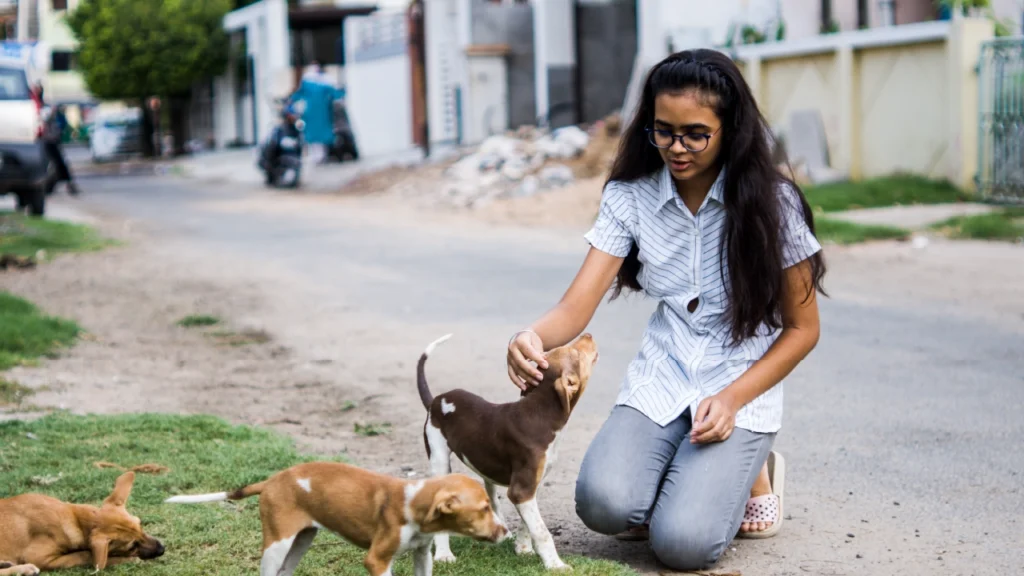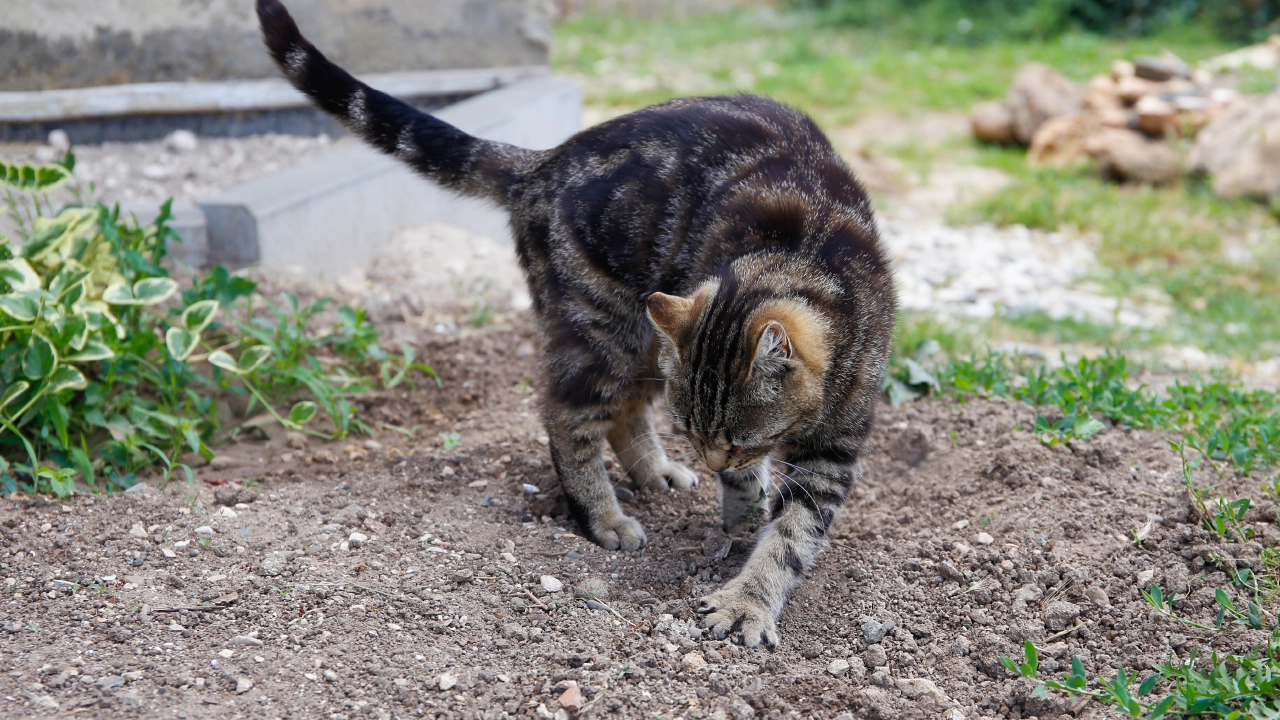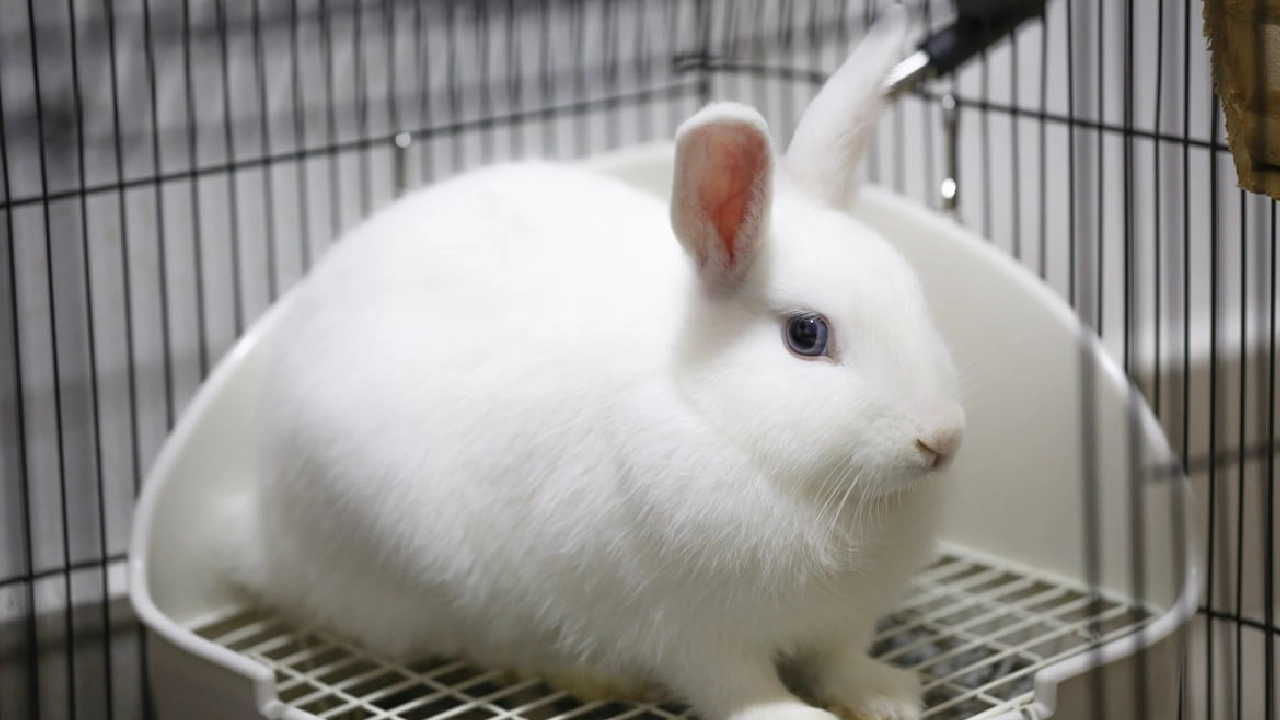Pet Abuse
Singapore is renowned for its strong legal framework, urban efficiency, and high standard of living however, behind the nation’s progressive image lies an ongoing issue: pet abuse and neglect of pets. Despite strict laws and public awareness campaigns, cases of pet abuse continue to surface, shedding light on the darker side of pet ownership in the city-state. This article explores the nature of pet abuse in Singapore, its causes, the impact on animals, and the measures being taken to address it.
Understanding Pet Abuse in Singapore
Pet abuse encompasses a range of actions, including physical violence, neglect, abandonment, and exploitation. Reports of dogs being beaten with sticks, cats thrown from buildings, and pets left in extreme conditions without food or water highlight the severity of the issue.
In Singapore, abuse often manifests in the following forms:
- Neglect: Many pet owners fail to meet their animals’ basic needs, such as providing adequate food, water, shelter, and veterinary care. Neglect is the most common form of abuse and often goes unnoticed until the animal is in severe distress.
- Physical Abuse: Intentional harm, such as hitting, kicking, or injuring pets, is less frequent but more visible. These cases often spark public outrage due to their brutality.
- Abandonment: Some pets are abandoned in parks, forests, or even HDB corridors when their owners find them too burdensome. Without survival skills, these animals often face starvation, illness, or accidents.
- Exploitation: In some cases, animals are exploited for financial gain. Illegal breeding operations, where pets are kept in inhumane conditions, are a pressing concern. Female animals are often overbred, leading to severe health complications.
Causes of Pet Abuse
- Lack of Awareness: Some owners do not fully understand the responsibilities of pet ownership. Misconceptions about animals’ needs or behaviors can lead to neglect or unintentional harm.
- Stress and Frustration: High-stress environments, financial difficulties, or personal frustrations may cause individuals to lash out at their pets.
- Irresponsible Ownership: Impulse buying of pets, often influenced by trends, results in owners being unprepared for the long-term commitment. This is particularly common with exotic pets or breeds that require special care.
- Profit-Driven Breeders: Illegal breeders operate in secrecy, prioritizing profit over animal welfare. These breeders often neglect the health and living conditions of the animals in their care..
Impact of Pet Abuse on Animals
The effects of abuse are devastating for pets, both physically and psychologically. Animals subjected to abuse often suffer from:
- Physical Injuries: Broken bones, malnutrition, untreated wounds, and chronic illnesses.
- Psychological Trauma: Fear, anxiety, and mistrust of humans. Abused pets may display signs of depression or aggression, making rehabilitation challenging.
- Shortened Lifespans: Due to prolonged suffering or delayed medical intervention, many abused pets succumb to their injuries or illnesses.
Legal Framework and Enforcement
Singapore has implemented strict laws to protect pets and deter abuse:
- Animals and Birds Act: This legislation makes it an offense to mistreat, neglect, or abandon pets. Violators face fines of up to SGD 15,000, imprisonment for up to 18 months, or both (Singapore Statutes, 1965, S.23).
- Penal Code Provisions: Cases https://sso.agc.gov.sg/Act/ABA1965involving extreme cruelty, such as intentional killing or maiming, are addressed under the Penal Code, which imposes harsher penalties (Singapore Statutes, 1965, S.375; .
- Licensing and Regulation: All pet breeders and sellers must be licensed and meet specific animal welfare standards. Regular inspections ensure compliance (Singapore Statutes, 1965, S.5).
- Animal Welfare Groups: Organizations like the SPCA and ACRES work alongside authorities to investigate and report cases of abuse, provide shelter for rescued animals, and advocate for stricter enforcement of laws (Singapore Statutes, 1965, S.12).
Pet abuse in Singapore is a troubling issue, but it is not insurmountable. With robust laws, active welfare groups, and an engaged community, significant progress has been made in protecting animals. However, more work is needed to ensure that every pet in Singapore is treated with the love and care it deserves.
By staying vigilant, reporting crimes, and fostering a culture of compassion, Singapore can continue its journey toward becoming a truly humane society.
Bibliography:
Singapore Statutes Online, 1965. Animals and Birds Act. [online] Available at: https://sso.agc.gov.sg/Act/ABA1965






